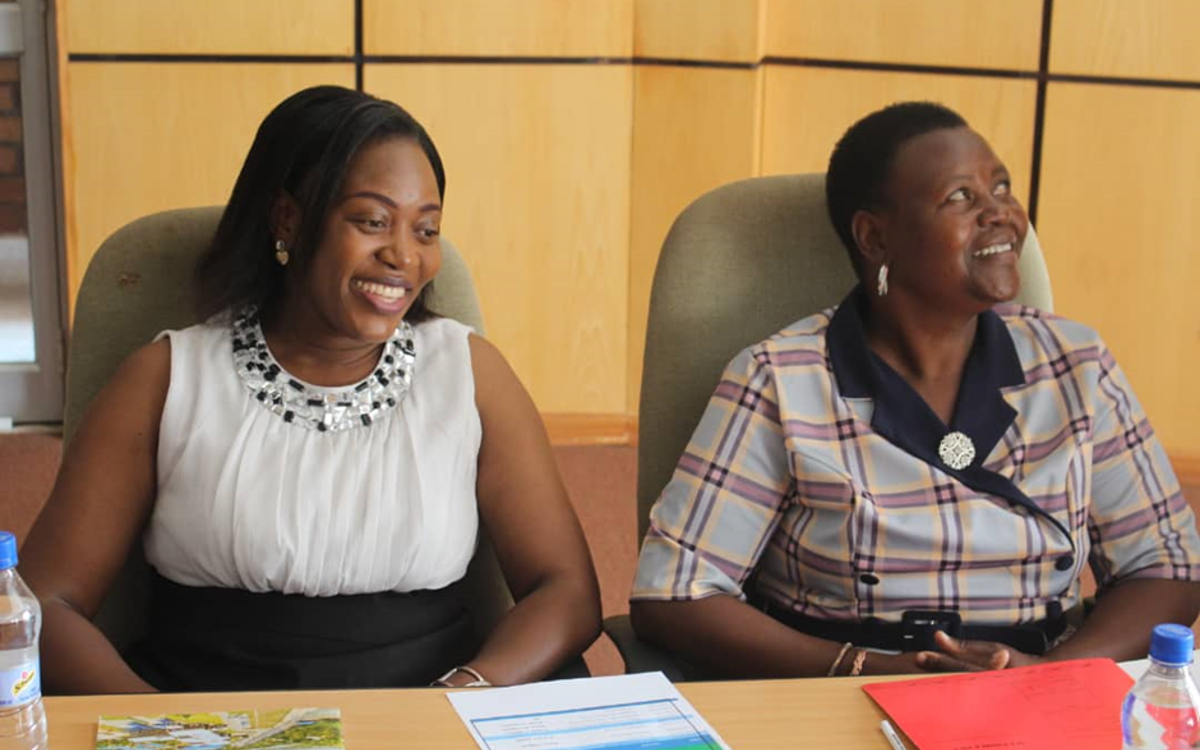By Midlands State University, Zimbabwe

Although women have made significant strides in Higher Education in Zimbabwe, with more female students currently enrolled at university than men, a gender gap in higher education leadership roles persists.
At Midlands State University (MSU), Zimbabwe, the majority of the current professoriate and senior management positions are held by men. To support the career advancement of emerging female academics at MSU, the Propping Emerging Female Academics (PropEFA) programme was launched in September 2019.
The aim of this project has been to create a platform that supports the development and productivity of early career female academics. Led by the Research and Postgraduate Studies Office, senior MSU researchers and the MSU Gender Institute, and supported by an ACU Gender Grant, the PropEFA programme has successfully established a research and mentoring network for early career female academics at the university.
Commenting on the success of the initiative, Professor Laurine Chikoko, Executive Dean, Research and Postgraduate Studies, Midlands State University, said:
The ACU gender grant enabled mapping of gender related impediments affecting emerging female academics at Midlands State University and helped to establish a viable network of senior researchers and emerging female academics for mentorship and collaborative work. The result has been a motivated, energetic and empowered cohort of young female scholars, unlocking the latent capacity for research productivity in female academics thus moving towards closing the gender gap in the academy.

Since its inception, the programme has facilitated vital initiatives to empower emerging female PhD researchers, including workshops led by seasoned academics and a research article writing retreat. Crucially, the initiative has created opportunities for collaborative work between senior researchers and emerging female academics, a critical factor in producing the next generation of scholars and academic leaders. As well as this, the university is also reviewing its institutional research policy to make it more gender-sensitive.
The first workshop in the programme took place on 7 November 2019 and was attended by over 30 participants. This session aimed to identify the main cultural and structural challenges impeding emerging female academics. From the workshop possible solutions were proposed, including dedicated research and innovation funds and maternal support for female academics. Recommendations from these consultations have since been forwarded to the Research and Postgraduate Studies Committee, which has the mandate to review the university’s Research Policies.
During the workshop, partnerships between established senior researchers and emerging female academics were also established, with the aim that these mentors and mentees will continue to work together on collaborative research projects, grant writing and article publications.
In the words of one workshop participant, she described how the content of the programme will support her in ‘navigating my work into research and publication’ as well as ‘providing assistance in overcoming obstacles that hinder me from progressing academically.’
Overall, the results of the PropEFA programme include a more motivated and empowered group of emerging female academics at MSU; budding collaborative relationships between seasoned and early career female academics and an increased awareness of how high research productivity can advance one’s career among young academics. In addition, an ecosystem of research networks and collaborations has begun to emerge, with the potential to further deepen over time and entrench a sustained research culture among emerging female academics at MSU.
More information
For more than 30 years, the ACU has worked to address gender issues – such as championing women in leadership and combating sexual violence on campus – in partnership with our member universities.
Our annual ACU Gender Grants help our members to meet the costs of organising projects promoting gender equity and equality in their institutions. The grants can be used for a diverse range of projects, workshops, and events in areas such as supporting women in leadership, science and research; mainstreaming gender equity into the curriculum and developing anti-sexual harassment initiatives.
